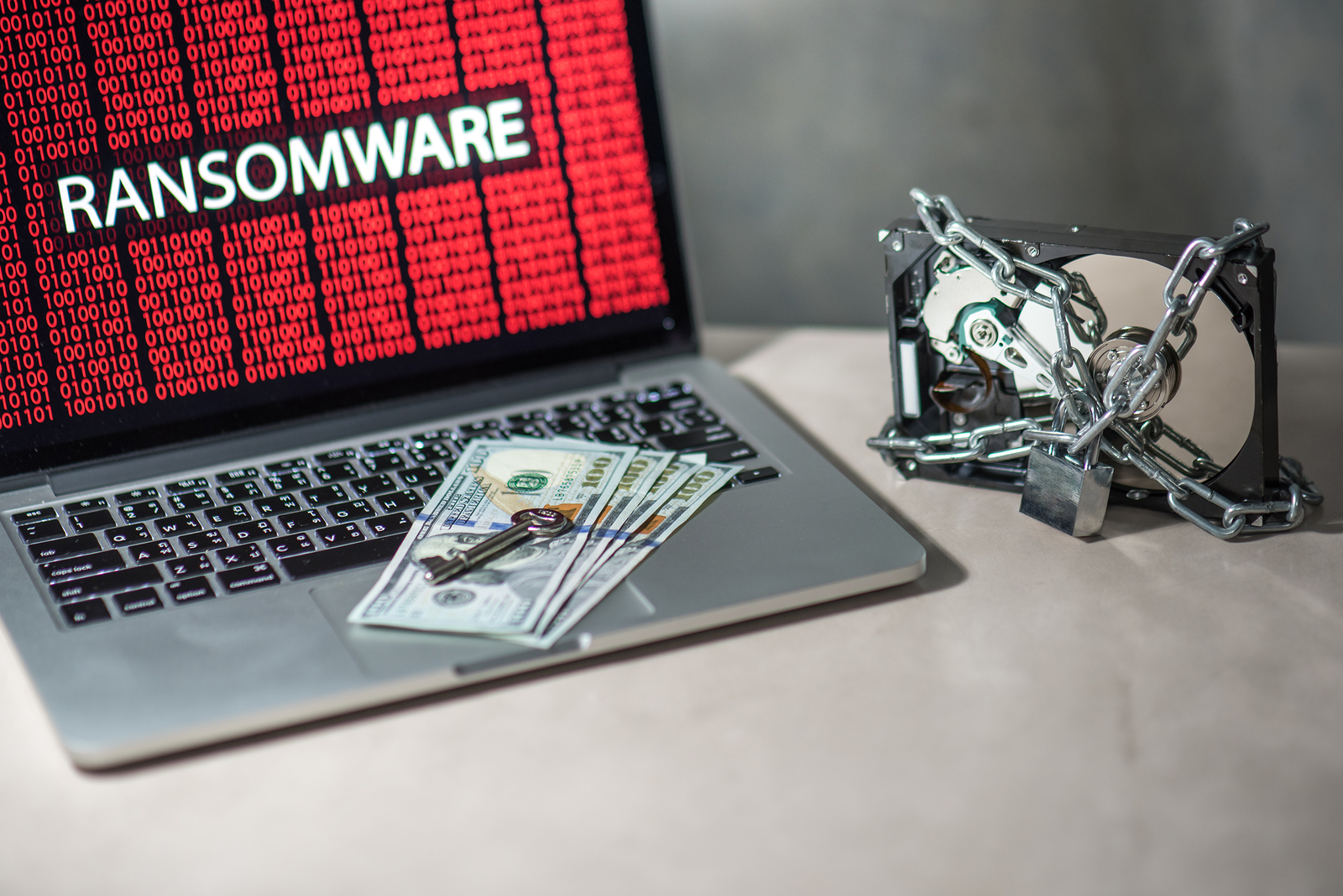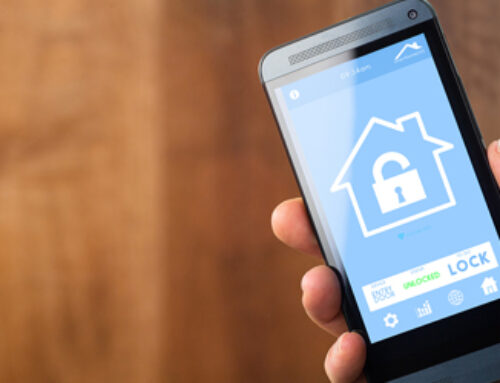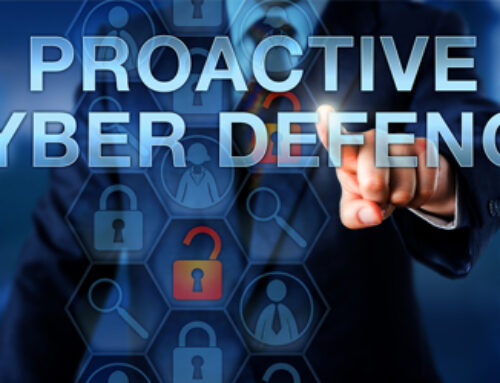
While October is the official Cyber Security Awareness month, here at Skyline we advocate for every month to be cyber security awareness month. With the ever growing and evolving threats, everyone should be aware of what they are and how to protect yourself. A good place to start and we recommend all our clients do is “Cyber Security Awareness training”. Below is a list of various companies and organizations that offer this training. Additional we’ve included a list to maintain good cyber security hygiene.
Cyber security Awareness Training
Cybersecurity awareness training is an essential part of any organization’s defense strategy. Many companies provide specialized training courses and platforms for this purpose. Contact Skyline IT Services https://www.skylineits.com for an evaluation to determine which cyber security awareness training is best for you.
Here are some prominent ones:
- KnowBe4 – Website: https://www.knowbe4.com/
- Proofpoint (formerly Wombat Security Technologies) – Website: https://www.proofpoint.com/
- Infosec – Website: https://www.infosecinstitute.com/
- SANS Institute Offers a variety of cybersecurity training, including security awareness. – Website: https://www.sans.org/
- Inspired eLearning –Website: https://www.inspiredelearning.com/
- Terranova Security – Website: https://www.terranovasecurity.com/
- ESET Known for antivirus solutions, they also offer cybersecurity awareness training. Website: https://www.eset.com/us/business/cybersecurity-awareness-training/
- NINJIO – Website: https://www.ninjio.com/
- Security Mentor – Website: https://www.securitymentor.com/
- Barracuda PhishLine Focuses on anti-phishing training. – Website: https://www.barracuda.com/
It’s important to evaluate each provider based on the specific needs and requirements of your organization. Some companies focus primarily on phishing simulations, while others provide comprehensive training covering a range of security topics. Always ask for demos or trials when possible to assess the effectiveness and relevance of the training material for your organization.
Cyber Security Hygiene
Maintaining good cyber security hygiene is crucial to protect against a variety of digital threats. Here are ten essential steps to bolster cybersecurity hygiene:
Educate and Train: Make sure everyone who uses your devices or network knows the basics of cybersecurity. This includes not clicking on suspicious links, not downloading unverified software, and being aware of phishing attempts.
Regular Software Updates: Always keep your operating systems, applications, and devices updated. Software updates often contain security patches for known vulnerabilities.
Use Strong, Unique Passwords: Ensure your passwords are complex and unique for each account. Use a combination of upper and lower case letters, numbers, and special characters. Consider using a passphrase—a sequence of words or an acronym.
Two-Factor Authentication (2FA): Enable 2FA wherever possible. This adds an extra layer of security by requiring two types of identification before granting access.
Secure Wi-Fi Networks: Ensure your Wi-Fi network is secured with a strong password. Disable WPS (Wi-Fi Protected Setup) and consider using WPA3 encryption if your router supports it. Also, change the default login credentials of your router.
Regular Backups: Schedule regular backups of important data. Ensure that backups are stored in a secure location, either offline or with a trusted cloud provider, and periodically test your backups to ensure they’re working properly.
Firewalls and Antivirus Programs: Ensure that a reputable antivirus program is installed and updated on all devices. Additionally, enable hardware and/or software firewalls to protect against unauthorized access.
Limit Access: Use the principle of least privilege (PoLP). Only give users access to the information and tools necessary for their tasks. Regularly review and update permissions.
Secure Physical Access: Physical security is as important as digital. Ensure that devices like laptops, mobiles, and external hard drives are not left unattended in public places. If possible, use encryption tools to encrypt sensitive data stored on these devices.
Stay Informed: Cyber threats are ever-evolving. Stay updated on the latest cybersecurity news, emerging threats, and best practices. Consider joining relevant forums, newsletters, or industry groups.
In addition to these steps, regularly review and audit your cybersecurity practices. As threats evolve, so should your defenses. The goal of good cybersecurity hygiene is to minimize the risk and reduce the attack surface available to potential adversaries.



